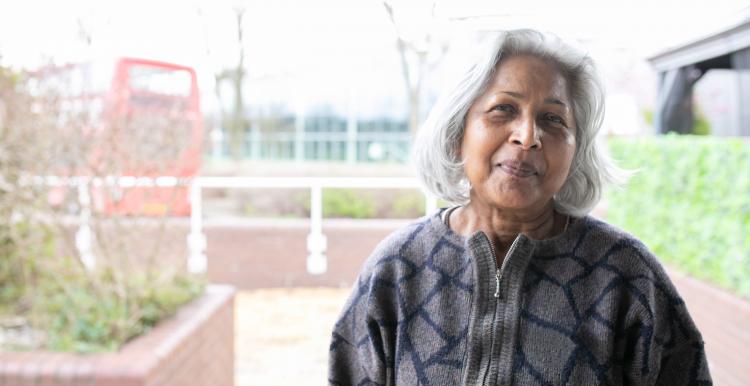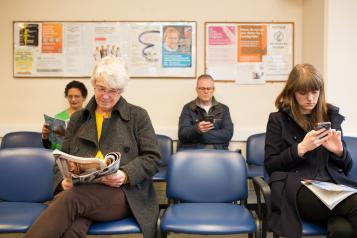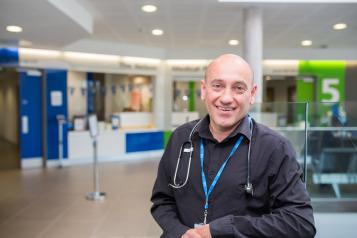'Just' the flu? Make sure you get your flu jab!

“Just” the flu?
Each year the flu kills on average 11,000 people and hospitalises thousands more. There’s no “just” about it.
The flu virus spreads from person to person. Even amongst those not showing symptoms.
The flu vaccine is the best protection for you and those around you. It’s available for free to those most at risk.
Who should get the flu jab?
This year the flu vaccine is being offered on the NHS to:
- frontline health and social care workers
- children aged 2 to 11 years old
- pregnant women
- members of a shielding household
- adults aged 65 and older
- people receiving a carer’s allowance, or the main carer for an elderly or disabled person whose welfare may be at risk if their carer falls ill
The flu vaccine is also being offered to those with a long-term health condition such as:
- a heart problem
- a chest complaint or breathing difficulties, including bronchitis, emphysema or severe asthma
- kidney disease
- lowered immunity due to disease or treatment, such as steroid medication or cancer treatment
- liver disease
- a history of stroke or a transient ischaemic attack
- diabetes
- a neurological condition, such as multiple sclerosis or cerebral palsy
- a learning disability
- a problem with your spleen, such as sickle cell disease, or you have had your spleen removed
- being seriously overweight (BMI of 40 and above)
Later in the year the flu vaccine may also be offered to people aged 50 to 64 who do not have any of the above-mentioned health conditions. Please note that people in this age group will not be vaccinated until November and December, providing there is sufficient vaccine and no appointments will be offered for this age group until then. This is to ensure that those who are most at risk are vaccinated first. If you are 50-64 and you are in one of the other groups which are eligible for the flu vaccination, for example, you have a health condition which puts you at risk from the flu, you will be invited earlier.
How to get the flu jab?
Eligible adults can get the free flu vaccine at their GP or pharmacist. The NHS will contact you directly if you are eligible and invite you to book an appointment.
Is the flu jab safe?
The flu jab is safe and effective and must be given annually. It cannot give you the flu. It does not protect you from Coronavirus or seasonal coughs and colds, but it does give protection against the strains of flu virus that will be circulating this year.
Adults usually receive the flu vaccination in injection form, and children usually receive a nasal spray.
Where can I get the flu jab?
Many people will receive their flu jab at a GP surgery as usual. Others may go to a pharmacy or another location in their community. School-aged children will receive their vaccination from a trained health professional at school or in their community. Health professionals will also visit care homes to vaccinate residents on-site.
Is it safe to attend appointments at health clinics?
The NHS is doing everything it can to make sure that vaccinations are given in safe environments. All possible precautions will be taken to make sure you, and staff, are protected.
Check out our video about how GP's are working during Coronavirus to help keep you safe.
If you have Coronavirus symptoms, do not attend your vaccination appointment but instead self-isolate and book a Coronavirus test. You can rebook your flu vaccination appointment at a later date.
How will I know if I have the flu or Coronavirus?
The flu virus and Coronavirus have symptoms which overlap, such a high temperature or persistent cough. It may be difficult to tell which virus you have. For this reason, it’s really important that you have a flu jab if you are eligible, and that you continue to follow the guidance on self-isolation and testing if you have any of the symptoms of Coronavirus.
Where vaccines are available, it’s vital that we use them to help keep everyone safe. Look out for updates from your local GP or NHS team and book your flu jab as soon as they are available. Get the flu jab, stay well and protect the NHS.


